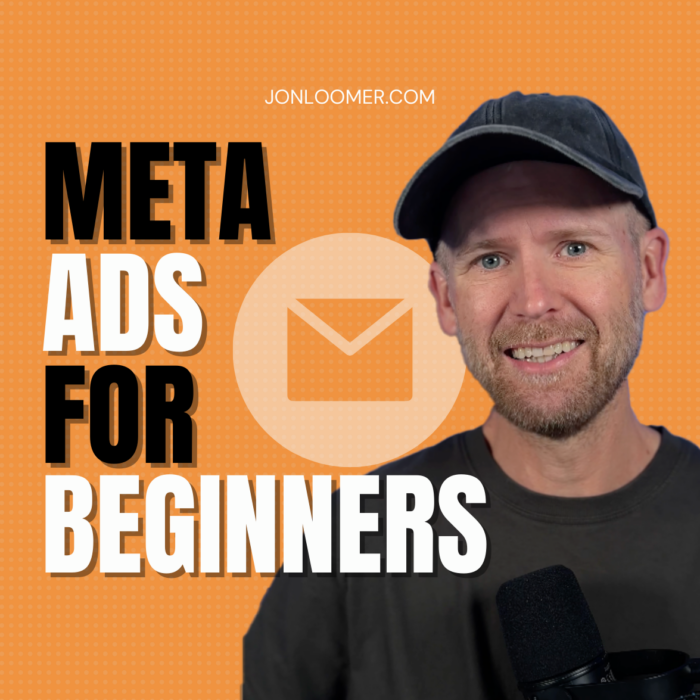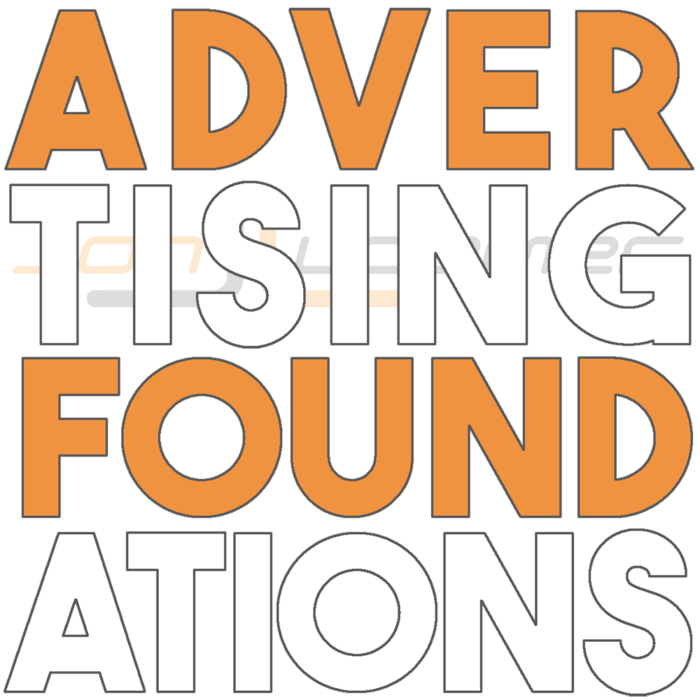Are ad agencies no longer needed? Has Meta advertising become so turnkey that they could easily complete it internally? Or have the roles and responsibilities of an ad agency evolved — and are both companies and advertisers slow to adjust?
These are questions we’re beginning to hear in our community, and it’s not surprising. Whether it’s due to the streamlining of Meta ad campaignsThe campaign is the foundation of your Facebook ad. This is where you'll set an advertising objective, which defines what you want your ad to achieve. More through the Advantage+ products or the assistance of AI, these rumblings were inevitable.
There are a couple of developing storylines:
1. Some advertisers, consultants, and agencies are failing to evolve. They’ve become stubborn and stuck in their ways. This is a critical moment for them.
2. Some companies misjudge the impact of Meta’s streamlining of campaign creation. The assumption is that “anyone can do it” now. They’re wrong.
The result, at the moment, is turbulence for advertisers. Their value and necessity are questioned. They must evolve to remain valuable, and change is often painful.
When the dust settles, the advertising landscape will look different. But probably not as drastically different as many assume.
Let me explain…
Advertisers Overvalue Old Skills
A reasonable chunk of today’s advertisers resist Meta’s evolution of Advantage+ automation and optimizationThe Performance Goal is chosen within the ad set and determines optimization and delivery. How you optimize impacts who sees your ad. Meta will show your ad to people most likely to perform your desired action. More. The primary reason is that it chips away at their perceived value.
Not many years ago, they sold their services by highlighting their unique ability to reachReach measures the number of Accounts Center Accounts (formerly users) that saw your ads at least once. You can have one account reached with multiple impressions. More the ideal audienceThis is the group of people who can potentially see your ads. You help influence this by adjusting age, gender, location, detailed targeting (interests and behaviors), custom audiences, and more. More. They constructed super sophisticated strategies for top, middle, and bottom of the funnel. Each campaign required several ad setsAn ad set is a Facebook ads grouping where settings like targeting, scheduling, optimization, and placement are determined. More and plenty of customized settings.
Advantage+ Shopping Campaigns throw much of this out the window. You can’t provide any targeting inputs. You can’t even create multiple ad sets.
These advertisers likely haven’t found success with Advantage+ Shopping Campaigns. This isn’t to say that they’re wrong. These products are still developing and will get better. But their response is to keep applying the same old strategies they always have.
Whenever I discuss this topic, I hear from advertisers who misunderstand what I’m saying. I’m not suggesting that you should always go broad and remove all targeting. There isn’t proof that the broadest targeting will always be the most effective.
But what you don’t need to do is create several ad sets that attempt to micro-target your audience. This is counterproductive now. If you optimize for conversionsA conversion is counted whenever a website visitor performs an action that fires a standard event, custom event, or custom conversion. Examples of conversions include purchases, leads, content views, add to cart, and registrations. More, your audience is always expanded — which deemphasizes the importance of your targeting inputs. And it results in overlapping targeting if you create multiple ad sets for cold targeting.
“Old skills” are targeting, placementA placement is a location where your ad is shown. Examples include Facebook's mobile Feed, Messenger, Instagram feed, Audience Network, right-hand column, and more. More segmentation, and top-of-the-funnel optimization. It’s not that these skills have lost all value, but this should not be your focus now when selling your services.
Concentrate less of your time and emphasis on old skills. Develop new ones that are in line with today’s advertising (and tomorrow’s).
Clients Undervalue Remaining Complexity
“Advertising is easy now. Anyone can do it!”
Campaign and ad set creation have been simplified. But that doesn’t mean that it’s easy to run successful ads.
It’s a mistake to assume that Ads Manager is one, gigantic Boost button now. If companies choose to take advertising internal, they will discover quickly that they made a drastic miscalculation.
It still requires significant skill and knowledge to get consistently good advertising results.
Advertiser Value is Significant, but Shifts
Expertise remains critical. Advertisers require skills and knowledge in the following areas…
1. Business Settings.
The proper setup of a Business Manager is no small task. Should you add people or partners? How do you add the assets and who gets what access? This needs to be clean, and improper setup will result in an inability to access assets and run ads properly.
2. Rules.
Frankly, you should not run ads without a deep understanding of the rules. Not all rules are straightforward. Are you promoting a special ad category? Depending on the violation, the severity, and frequencyCalculated as (Impressions/Reach), Frequency is a Facebook ads metric that measures the average number of times users have seen your ad. More (and sometimes randomness), your assets are at risk of getting shut down.
3. Pixel, API, Events, and AttributionAttribution is how Meta gives credit to an ad for a conversion. Your Attribution Setting determines how your ad will be delivered and the reporting attribution window. The default Attribution Setting is 7-day click and 1-day view, which means that anyone who converts within 7 days of clicking or 1 day of viewing your ad will be counted as a conversion. More.
You simply can’t run effective advertising unless your pixel, Conversions API, and events are set up properly. These things are central to conversions optimization. Do you know how to set these up? Do you know the difference between the CRM API and web API and whether you need one or both? Do you know what events you should have and where? Do you know what custom events and custom conversions are for?
4. ObjectiveWhen you create a campaign, one of the first things you'll do is select an objective. The campaign objective is your ultimate goal. Your selection will impact options, including optimization and delivery. Options include Awareness, Traffic, Engagement, Leads, App Promotion, and Sales. More and Optimization.
Assuming you get the pixel, API, and events set up properly, running a Sales campaign is rather straightforward. Venture away from that sweet spot, however, and it gets more complicated. Should you optimize for engagement? Traffic? The answer is probably not, unless you understand the potential pitfalls.
5. Copy and Creative.
In terms of the actual creation of your campaign, this may be the most important skill right now. Effective copy and creative attracts your ideal customer and inspires the action that you want. Many have said that your ad does the targeting now, and there’s some truth in that.
6. Interpretation of Results.
An experienced advertiser knows what to look for in results. They aren’t distracted by secondary metrics like CPCFacebook reports on CPC (All) and CPC (Link Click). The first refers to all clicks and the second on all internal and outbound links. More, CTR, and CPMCPM measures the cost per 1,000 impressions. It's a good metric to evaluate competition level and costs to reach your audience. More. They uncover issues with low quality when when costs and volume are good. They know that conversions can fall into 1-day view, 1-day click, 7-day click, and even 28-day click. They know how to find that information and make sense of it.
7. Scams.
Facebook is absolutely flooded with DM scams, review spam, and other scams right now. Does the typical advertiser know the red flags? Do they know what to look for and how to avoid them? Do they know what to do if someone falls for one of these scams?
8. Troubleshooting.
Advertising is easy when everything works. What about when things aren’t going the way you expect? Do you know how to test, what to test, and how to uncover the source of problems?
9. Creative Problem Solving.
How do you get good results with a low budget? How do you get around a bad website? It’s one thing to know the recommended approach to advertising. How do you solve problems when there are unique obstacles?
10. Changing Landscape.
The best advertisers not only know how to run effective ads now, they’re on top of the latest changes and how they impact strategies. They are curious, open to trying new things, and informed about how the rules and landscape have changed.
It’s Not Easy
The evolution of Meta ad campaigns to a more automated and streamlined approach is misleading. It’s easy to create campaigns, but it’s not suddenly easy to get great and meaningful results.
As an advertiser, appreciate this. Respect that the landscape is changing quickly, and you need to change with it. Highlight your skills that stand out during this turbulent time. If you need to develop new skills to help remain relevant, do that.
If you’re a company who thinks advertising is easy and are tempted to take it internal, consider elements beyond the simple campaign. Go through this post and ask yourself whether you’re prepared for the layers of complexity.
You probably aren’t. Find an advertiser who is.
Your Turn
How do you see Meta advertising evolving?
Let me know in the comments below!







